With domestic violence on the rise, we must set aside the traditional vague calls for empowerment and embark on dismantling the invisible systems that perpetuate violence
By Rachel Stomel
Published in the Times of Israel Blogs
NOV 25, 2020, 12:34 PM
This story is about one woman, but it is also about every woman.
A few months ago, Nitzan Caspi-Shilony, an attorney at the Center for Women’s Justice, stood in a rabbinic courtroom alongside a woman who had been trying to divorce her husband for the past six years. Armed with piles of documentation, Caspi-Shilony told the dayanim — the panel of three rabbinic court judges presiding over the divorce proceedings — of the terror the woman faced in the constant shadow of her husband’s physical and emotional abuse. She showed them proof that the woman had lived in a domestic violence shelter, supported by years’ worth of documents from social services demonstrating the severity of their case. Now, rehabilitated and ready to put this nightmare behind her, all the woman wanted was to be legally divorced from the man who had made her life a living hell.
“After I presented all of the arguments and documents,” recounts Caspi-Shilony on the CWJ podcast Mevakrot Be’Rabanut, “one of the dayanim looked me straight in the eye and asked, ‘But what are her grounds for divorce?’”
There are myriad factors that keep women from leaving violent relationships: fear; feeling like they somehow deserve the abuse; financial dependence; familial expectations; children; isolation and lack of support. But in Israel, there is one final barrier preventing women from breaking free from their abusers: the state.
Read more in the Times of Israel >
